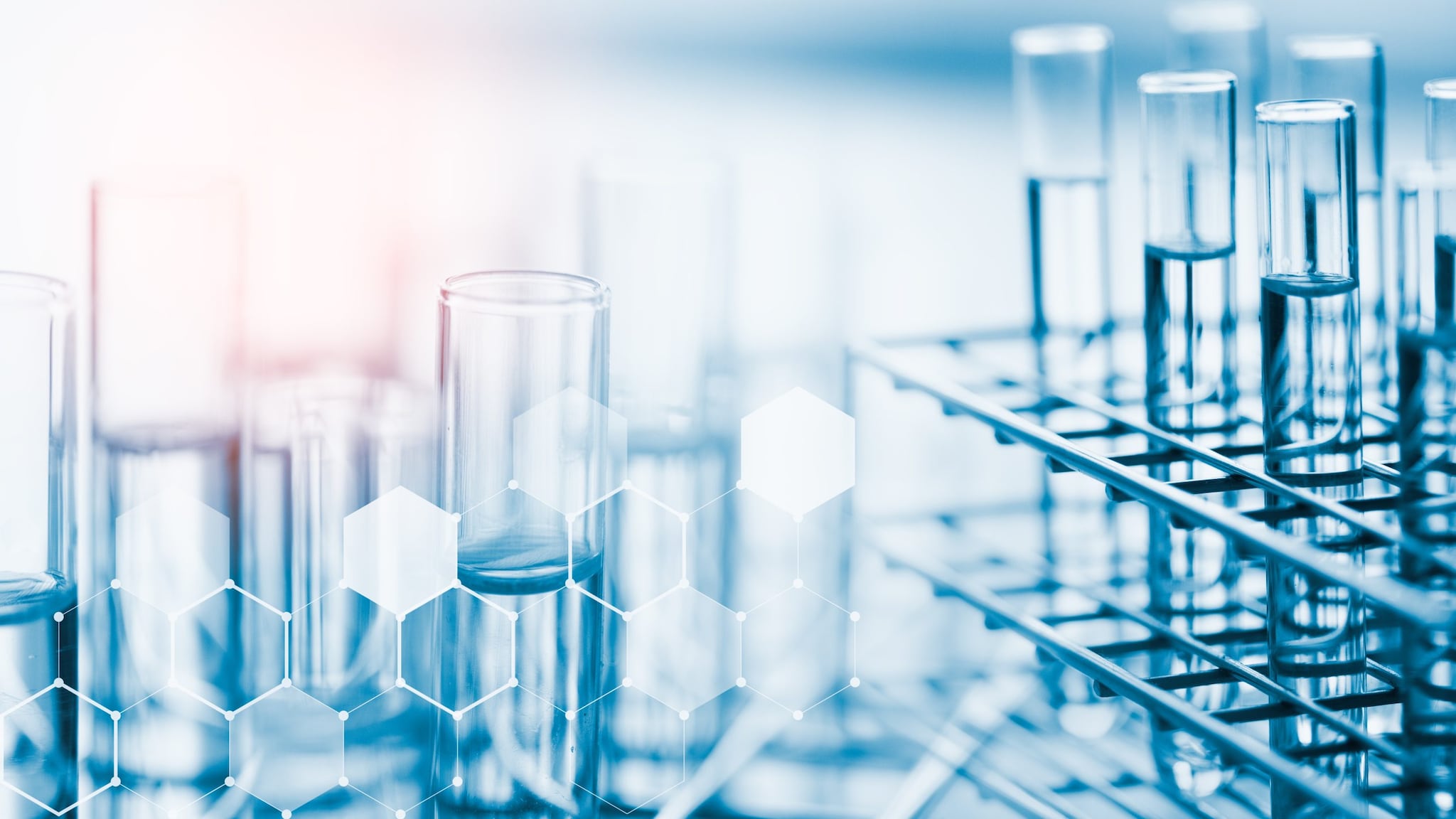At a glance
- Our mission is to provide laboratory science that improves the detection, diagnosis, treatment, and prevention of disease from exposure to environmental chemicals.

Overview
Biomonitoring combines biology and monitoring. Scientists at CDC's Division of Laboratory Sciences monitor markers of chemicals in the environment in biological samples.
They develop special laboratory methods and use them to test blood and urine from participants in the National Health and Nutrition Examination Survey. This ongoing survey tracks the physical and nutritional health of adults and children in the United States.
These data are used in the National Report on Human Exposure to Environmental Chemicals. The report provides the most thorough and up-to-date information on Americans' exposure to a number of environmental chemicals over time. State and local public health scientists and researchers rely on the report to help assess and reduce exposure to possibly harmful environmental chemicals.
In addition, every year CDC biomonitoring activities support more than 75 studies on people whose health is at greater risk from exposure to harmful chemicals. Results of these studies can influence regulations and other actions to reduce exposures.
Benefits of biomonitoring
In short, biomonitoring is a tool to improve health and well-being. CDC scientists improve Americans' health by testing for exposure to harmful chemicals, helping other labs with the quality of their tests, and responding to public health emergencies.
Did you know?
Supporting state labs
CDC helps state laboratories detect such harmful chemicals by providing money for high-quality biomonitoring. CDC also offers training and performance evaluation to improve the state laboratories' techniques.
